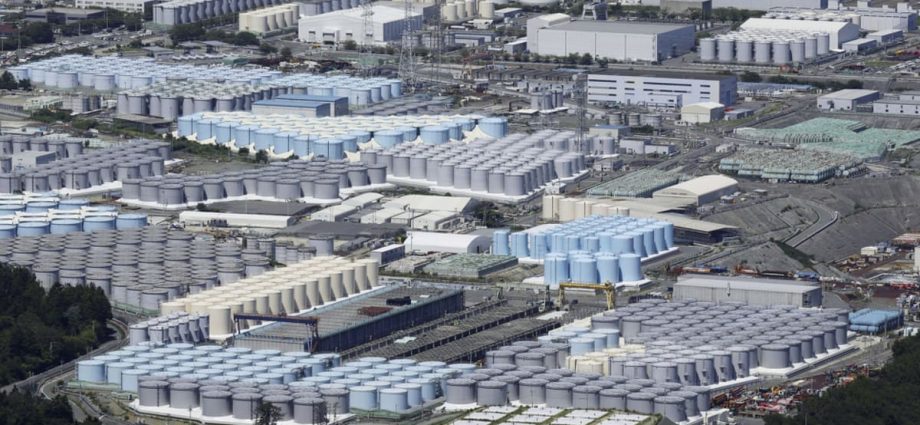
It would also “protect the health of Chinese consumers and ensure the safety of imported food”, the authority added.
Beijing had already suspended all food imports from 10 out of 47 Japanese prefectures in July, with Hong Kong following suit.
China imported over US$500 million worth of seafood from Japan last year, according to customs data.
In 2011, three reactors at the Fukushima-Daiichi facility in northeastern Japan went into meltdown following a massive earthquake and tsunami that killed around 18,000 people.
Since then, plant operator TEPCO has collected 1.34 million cubic metres of water contaminated as it cooled the wrecked reactors, along with groundwater and rain that has seeped in.
The beginning of the discharge of around 540 Olympic swimming pools’ worth of water over several decades is a big step in decommissioning the still highly dangerous site.
The release of the wastewater has been deemed safe by the International Atomic Energy Agency.
But China’s foreign ministry said Thursday that “the ocean is the common property of all humanity, and forcibly starting the discharge of Fukushima’s nuclear wastewater into the ocean … ignores international public interests”.
Japan “did not prove the legitimacy” of the plan or the “long-term reliability of the nuclear wastewater purification equipment”, it said.
Tokyo also “did not prove the authenticity and accuracy of the nuclear wastewater data, (and) did not prove that ocean discharge is harmless to the marine environment and human health”.
“By treating the release of the wastewater as a fait accompli, the Japanese side has simultaneously placed itself in the international dock,” the ministry added.
“The Japanese side should not cause secondary harm for local people or even the people of the world out of its own self-interest.”

